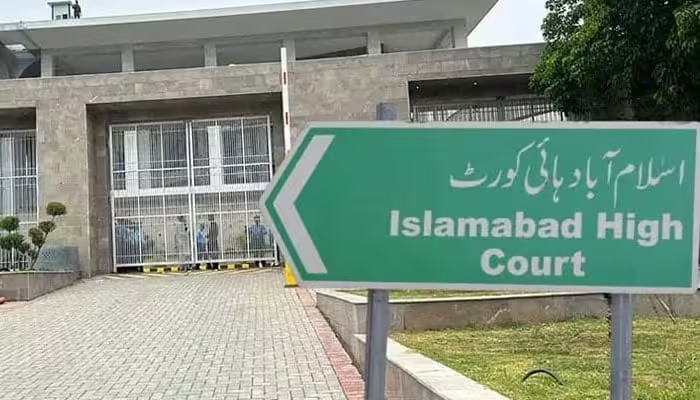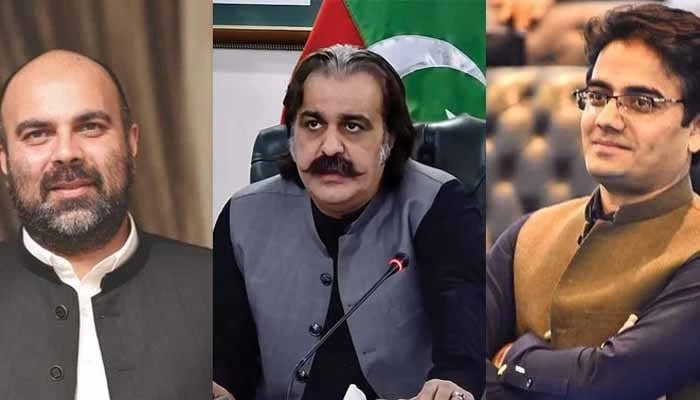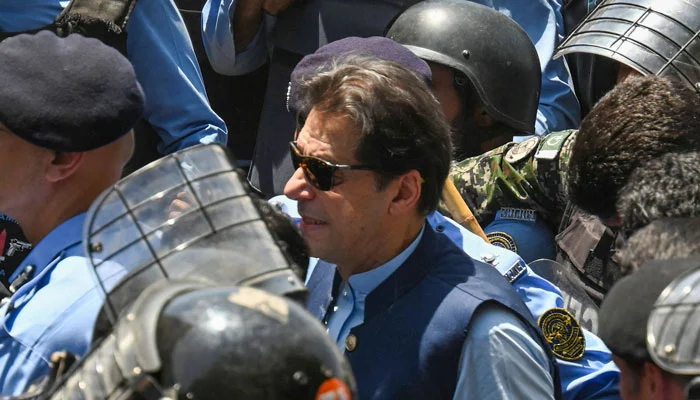In a recent hearing at the Islamabad High Court, Chief Justice Amir Farooq addressed a contempt of court case related to the suspension of the No Objection Certificate (NOC) for a Pakistan Tehreek-e-Insaf (PTI) rally in Islamabad. The case, which has garnered significant attention, underscores the delicate balance between maintaining public order and upholding the constitutional right to peaceful assembly, especially in a period of heightened national security concerns.
The Background of the Case
The controversy began when PTI, led by its legal representative Shoaib Shaheen, challenged the last-minute suspension of the NOC for a planned rally in Islamabad. The NOC, which had initially been granted, was revoked just a day before the event, leading to accusations of political interference and a violation of the party’s rights. PTI’s legal team argued that the sudden decision was not only unjust but also indicative of a broader attempt to stifle the party’s activities and expression.
Shoaib Shaheen, during the hearing, emphasized that PTI had followed all legal protocols to secure the necessary permissions for the rally. He expressed the party’s frustration, stating, “What we feared has happened to us; we were allowed to hold the rally, and then the NOC was suspended on the last day.” This suspension, according to PTI, undermined the party’s preparations and raised questions about the transparency of the decision-making process.
The Court’s Perspective: National Security vs. Civil Liberties
Chief Justice Amir Farooq, while presiding over the case, highlighted the complex context in which the suspension occurred. He pointed out that the country is currently facing significant security challenges, particularly in regions like Balochistan, where the situation remains tense. “We are currently in a state of war,” Justice Farooq noted, alluding to the ongoing unrest and its potential implications for national stability. His remarks underscored the difficult position the authorities find themselves in, balancing the need to protect citizens with the rights enshrined in the constitution.
The Chief Justice questioned whether the decision to suspend the NOC was motivated by genuine law and order concerns. He asked, “Was the NOC of the Jalsa suspended due to the law and order situation?” This inquiry was crucial as it probed whether the revocation was a necessary security measure or an overreach by the administration.
Justice Farooq also expressed concern for the welfare of those intending to participate in the rally. He remarked, “These people are supporters of a party, but before that, they are human beings and citizens of Pakistan.” His statement highlighted the court’s recognition of the fundamental rights of citizens, regardless of their political affiliations, and the importance of safeguarding these rights even in challenging circumstances.
The Government’s Defense and Court’s Criticism
The Advocate General, representing the government, defended the decision to suspend the NOC by pointing to the volatile security situation. He argued that the administration’s primary responsibility is to ensure the safety of all citizens, including those participating in large public gatherings. The Advocate General expressed gratitude to the PTI leadership for postponing the rally, acknowledging that this decision likely averted a potential security crisis.
However, the court was critical of the timing and manner in which the NOC was revoked. Justice Farooq questioned the rationale behind the last-minute suspension, stating, “Why are they telling to suspend the NOC on the last night?” This delay in communication, according to the court, not only disrupted the party’s plans but also contributed to an atmosphere of uncertainty and mistrust.
The Chief Justice further criticized the extensive security measures implemented across Islamabad, noting that the city was effectively paralyzed by the placement of containers and roadblocks. He remarked, “The whole of Islamabad is closed, containers are just containers, what is the reason?” His comments reflected a concern that the government’s approach may have been overly aggressive, creating unnecessary disruption for the residents of the capital.
The Way Forward
The session, the court did not issue an immediate ruling but adjourned the hearing until September 10. The petition remains pending, with the court awaiting further developments, particularly the outcome of PTI’s rescheduled rally on September 8. Justice Farooq hinted at the possibility of taking further action against the administration if it failed to provide a clear and justified reason for its actions. He suggested that the court might issue a “blocker notice” to the commissioner, compelling them to explain the reasons behind the security measures and the suspension of the NOC.
The Islamabad High Court’s handling of the PTI NOC suspension case illustrates the ongoing tension between maintaining national security and protecting civil liberties in Pakistan. While the state’s responsibility to ensure public safety is paramount, the judiciary’s role in scrutinizing executive actions remains critical in upholding the rule of law and preventing potential abuses of power. As the case progresses, it will serve as a significant test of the legal system’s ability to balance these competing interests in a time of national crisis.



